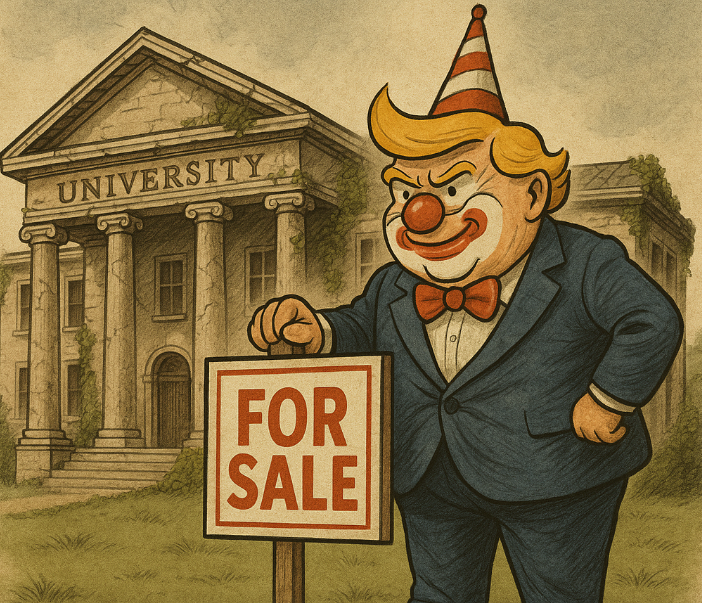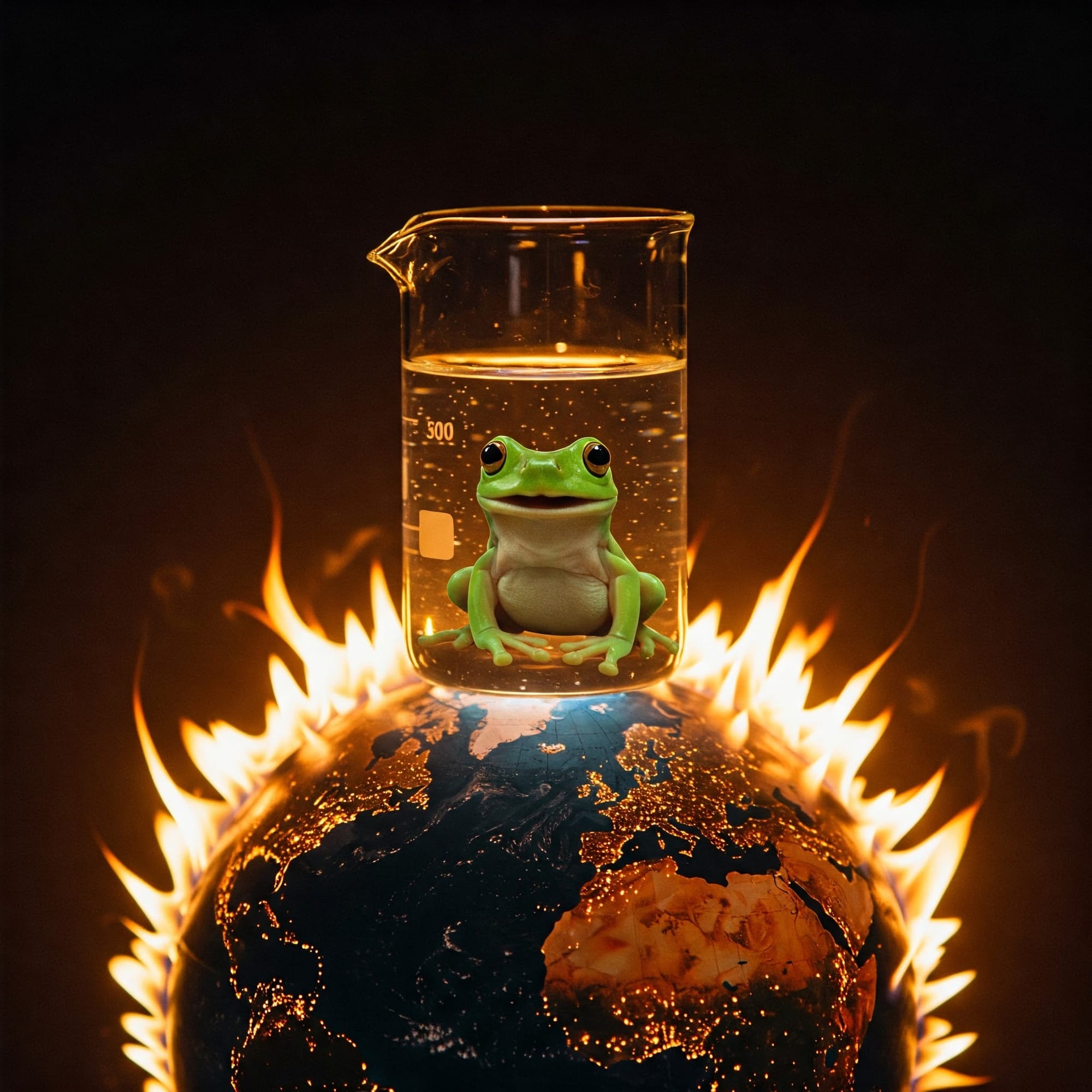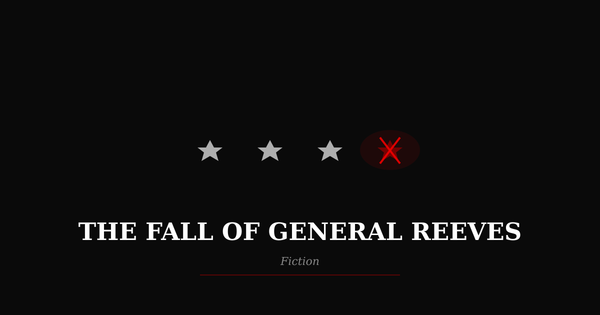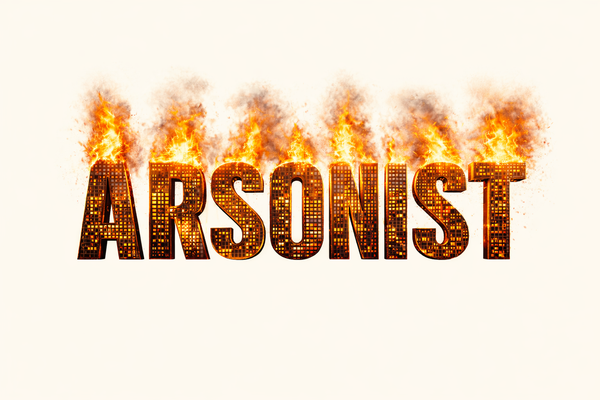Ignorance
“I love the poorly educated.”

That wasn’t a gaffe. It was a victory cry. Trump bellowed “I love the poorly educated.” after winning the 2016 Nevada caucus, and the crowd roared like he’d just confessed something brave rather than cynical. At the time, it passed as a joke—one of those so-honest-it’s-funny moments. But with distance, it sounds more like a mission statement.
Trump didn’t stumble into America’s anti-intellectual streak. He harnessed it. He understood that education breeds doubt—and that’s a threat. An informed public asks inconvenient questions. A well-educated one expects evidence. But a poorly informed electorate? That’s gold. You can rile it up, point it in any direction, and most importantly, you can sell it anything.
Over time, this has morphed from instinct into infrastructure. Public schools are smeared as indoctrination camps. Teachers, once underpaid civil servants, are now portrayed as radical foot soldiers. Libraries have become crime scenes. The book bans aren’t isolated. They’re viral. They’re the point. Higher education? Written off as elitist treason. Science? Optional. The experts? All suspect.
It’s not just budget cuts or policy neglect—it’s epistemological warfare. The goal isn’t to fix education. It’s to poison trust in knowledge itself. Make every fact seem partisan. Every correction look like an attack. Strip people of the ability to distinguish evidence from opinion, then offer yourself as the only compass. It’s not even new. That playbook’s been circulating since long before Orwell picked up a pen.
“Truth,” in Trumpworld, is just another licensed product. A MAGA hat for your brain.
And so, we get the paradox: a political movement that treats willful ignorance as patriotism. Being uninformed isn’t a shortcoming. It’s a loyalty test.
He doesn’t just love the poorly educated.
He needs them.
And if he gets his way, we’re all going to be a little dumber, a little angrier, and a lot more obedient.




